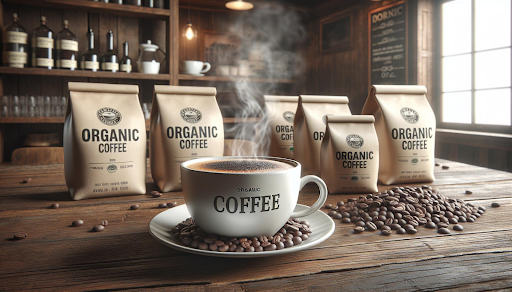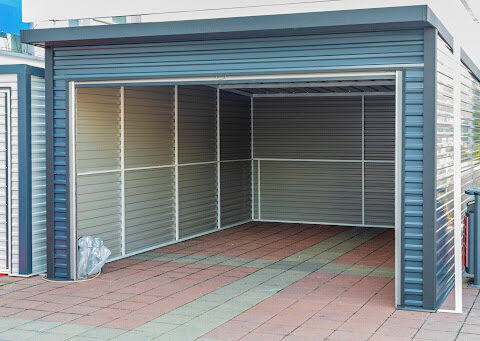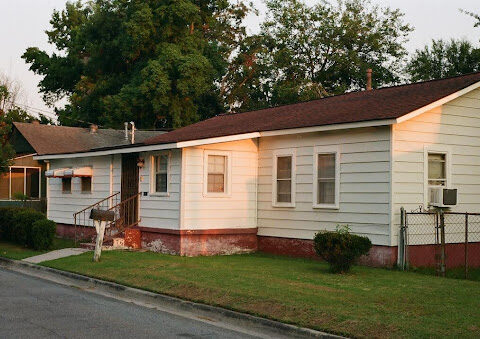When you’re selecting the appropriate material for your driveway, you’ll need to weigh several key factors to make a smart decision. Reflect on the durability of the material—can it handle the weight of heavy vehicles and withstand harsh weather conditions? Don’t overlook the aesthetic appeal; after all, your driveway should complement your home’s interlocking style and enhance curb appeal. You’ll also want to take into account the maintenance needs and costs, both upfront and long-term. And let’s not forget the environmental impact of your choice. So, how do you balance all these factors to find the best option?
Assessing Material Durability
Evaluating material durability is essential when selecting the appropriate material for your driveway. You want a surface that can withstand the weight of vehicles and resist wear and tear over time. Start by considering the climate in your area. If you live in a region with harsh winters, materials like concrete or asphalt that can handle freeze-thaw cycles are vital.
Next, think about the daily use of your driveway. If you have multiple cars or heavy vehicles, opt for materials with high compressive strength, like pavers or reinforced concrete. These options provide long-lasting durability and require less frequent maintenance.
Don’t forget to account for potential chemical exposure. If you frequently use de-icing salts, choose materials that resist salt damage, such as concrete with a proper sealant. This will prevent cracking and deterioration over time.
Evaluating Aesthetic Appeal
When selecting the appropriate material for your driveway, don’t overlook its aesthetic appeal. Your driveway is one of the first things visitors see, so it should complement your home’s overall look. Consider the architectural style of your house. Is it modern, traditional, or rustic? Different materials can either enhance or clash with your home’s design. For a modern look, sleek concrete or pavers with clean lines could be ideal. For a more traditional home, you might opt for cobblestone or brick.
Color is another important factor. The material should harmonize with the color scheme of your house and landscape. You can find pavers in a variety of colors, from earthy tones to vibrant hues, allowing you to create a cohesive look.
Texture and pattern also play essential roles. A smooth, polished surface offers a minimalist feel, while a rougher texture can add character and charm. You can even create intricate patterns with interlocking pavers to make your driveway stand out.
Ultimately, the material you choose should reflect your personal taste and enhance your property’s curb appeal. Investing time in selecting the right aesthetic can notably elevate the look of your home.
Considering Maintenance Needs
Maintaining your driveway is important to secure its longevity and appearance. When selecting a material, consider how much time and effort you’re willing to invest in upkeep. For instance, gravel driveways may require regular raking to keep the surface even and weed-free. If you opt for asphalt, you should be prepared to reseal it every few years to prevent cracks and potholes.
Concrete driveways, while durable, can develop stains and might need occasional power washing. Additionally, they can crack over time due to weather changes, so be ready for potential repairs.
Paver driveways offer a visually appealing option and individual pavers can be replaced if damaged, but they can also shift and require periodic re-leveling.
Brick driveways bring a classic look but need regular maintenance to keep moss and weeds at bay. They might also need occasional re-sanding to maintain stability.
On the other hand, resin-bound driveways are low maintenance, requiring just a gentle wash to keep them clean.
Choose a material that aligns with your commitment to maintain it. By doing so, you’ll secure your driveway remains in top shape and continues to enhance your home’s curb appeal.
Analyzing Cost Factors
Selecting the appropriate driveway material involves examining cost factors to make sure you get the best value for your investment. Start by comparing the initial cost of materials. Concrete, asphalt, gravel, and pavers each come with different price tags. For instance, gravel is typically the least expensive upfront, while pavers can be more costly. But don’t just focus on initial costs; consider the long-term expenses too.
Think about the lifespan and durability of each material. Concrete might cost more initially than asphalt, but it often lasts longer with less maintenance. Factor in repair costs as well. If your driveway material requires frequent repairs or resurfacing, those costs can add up over time.
Labor costs are another significant aspect. Some materials, like interlocking pavers, may require professional installation, which can increase your total expenditure. DIY-friendly options, like gravel, can help you save on labor costs.
Lastly, don’t forget about potential resale value. A well-maintained, attractive driveway can enhance your property’s curb appeal and potentially its market value. By analyzing these cost factors, you’ll be able to make a well-informed decision that balances your budget with your long-term needs.
Understanding Environmental Impact
Understanding the environmental impact of your driveway material is essential for making a sustainable choice. Selecting the right material can substantially reduce your carbon footprint and promote eco-friendly practices. Consider the following factors when evaluating the environmental impact:
- Production Process: Materials like concrete and asphalt require a considerable amount of energy and resources to produce, leading to higher carbon emissions. Look for materials with lower production impacts, such as recycled options.
- Permeability: Permeable materials, such as gravel or permeable pavers, allow rainwater to seep through, reducing runoff and helping to replenish groundwater. This can prevent erosion and minimize the risk of flooding in your area.
- Longevity and Maintenance: Durable materials that require less frequent replacement reduce waste and the need for additional resources. Opt for options that have a long lifespan and minimal maintenance requirements.
- Recyclability: Choose materials that can be recycled at the end of their life cycle. Recycled concrete, reclaimed bricks, and other eco-friendly options can lessen the environmental impact of your driveway.
Reviewing Design Flexibility
When addressing driveways, one vital aspect to consider is the design flexibility of the material you select. You want something that not only serves its functional purpose but also aligns with your aesthetic preferences. Materials like concrete, asphalt, pavers, and gravel each offer varying levels of design flexibility that can significantly influence the appearance and atmosphere of your driveway.
Concrete provides a range of finishes and can be stamped or colored to replicate more costly materials. However, its design options are somewhat limited compared to pavers.
Pavers, conversely, come in a multitude of shapes, colors, and patterns, allowing you to craft intricate designs that can set your driveway apart. They also offer the advantage of being easily replaceable if one gets damaged.
Asphalt is less flexible in terms of design, typically arriving in a standard black finish, but it can be combined with other materials for a unique appearance.
Gravel imparts a rustic charm and is obtainable in various colors and sizes, although it’s less formal and may necessitate more maintenance.
Ultimately, your choice should balance both functionality and the aesthetic you desire. Reflect on how each material harmonizes with your overall home design and landscape to arrive at the optimal decision.
Conclusion
Selecting the appropriate material for your driveway involves balancing durability, aesthetic appeal, maintenance, cost, and environmental impact. Prioritize materials that can withstand heavy vehicles and harsh weather conditions, require minimal upkeep, and complement your home’s design. Consider both upfront and long-term expenses interlocking, and choose eco-friendly alternatives. Making a well-informed choice will guarantee that your driveway is not only operational and visually pleasing but also sustainable and easy to care for in the future.
Keep an eye for more latest news & updates on Essential Tribune!








